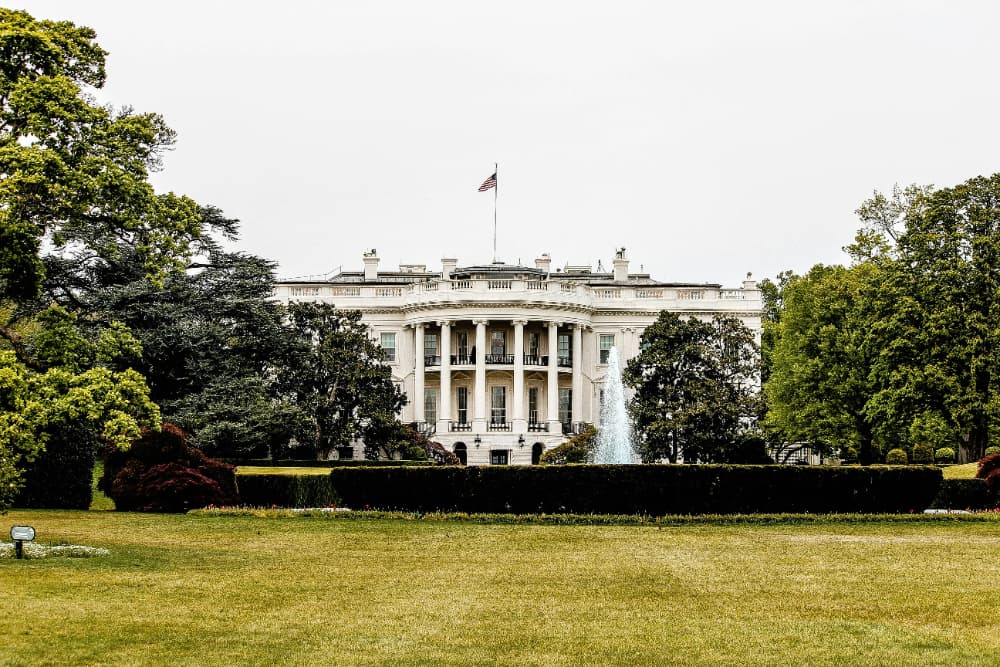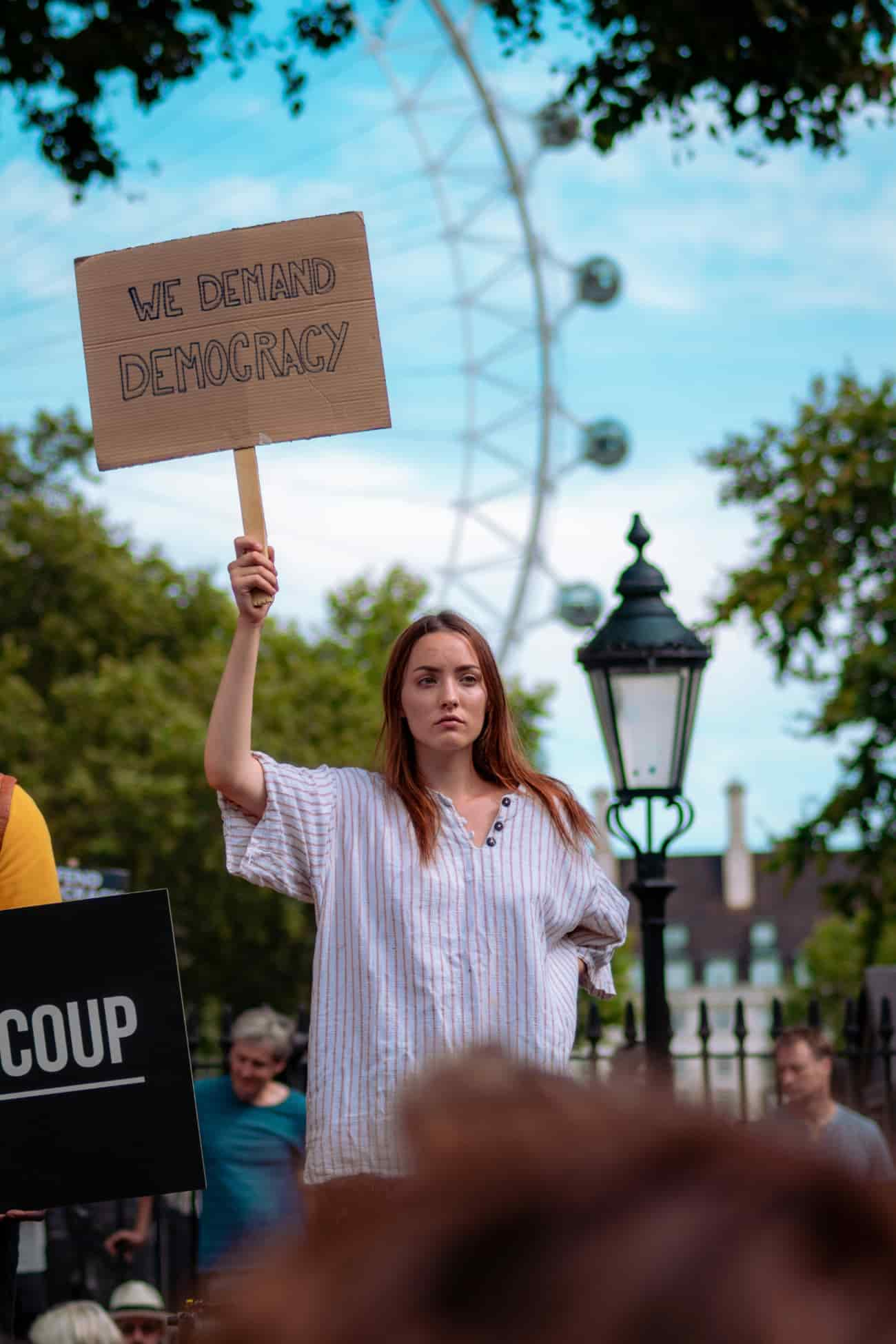Running a country isn’t exactly like running a bake sale—there’s a lot to think about, and no one system covers it all. Presidential democracy is one way of doing things, and while it’s widely adopted in some places, opinions are split.
Some people think it’s the highly effective approach; others? Not so much.
Let’s break it down and talk about the stuff that makes it great, what’s tricky about it, and why it works—or doesn’t work—depending on where you are.

Why People Like Presidential Democracies
A presidential democracy, in a way, has this vibe of being a no-nonsense system. It’s clear who’s in charge, and that can be a good thing. But let’s get into some specific reasons why it’s a popular choice in a lot of countries.
Decisions, Quick and Clean (Most of the Time)
Here’s the thing: when there’s a big crisis, you don’t want leaders stuck in meetings, arguing about what to do. A presidential system gives the president the green light to act fast.
For instance, back in World War II, President Harry Truman didn’t wait for a bunch of folks to agree before making the tough call to use nuclear weapons.
Now, was that a perfect decision? Debatable. But the point is, he could make it without getting delayed.
Voting Straight for the Boss
Presidential democracies give voters that direct connection to the person in charge. You vote for the president, plain and simple. So if things go sideways, you know exactly whose name was on the ballot when you cast your vote. That accountability is kind of refreshing when you think about it.
Ensuring Stability Through Fixed Terms
Presidents don’t pack up and leave every time someone’s upset. They’ve got a fixed term—say, four years in the U.S.—and that gives governments some breathing room. This is pretty nice compared to systems where leaders can get booted mid-game because their coalition fell apart.
Three Branches, No Crowding
Presidential systems are big on keeping power spread out. The government splits into three parts: the president (executive), lawmakers (legislative), and judges (judicial). Each group does its own thing but keeps an eye on the others so no one gets too full of themselves.
Picking a Dream Team
Presidents usually get to pick their own crew—cabinet members, ambassadors, all that jazz. The cool part? They’re picking people they trust, which means the decision-making process is a little more streamlined.
Freedom from Party Bickering (Sort of)
Presidents don’t always have to march to the beat of their party’s drum, which can sometimes let them focus on what the country really needs. Of course, that’s not to say there’s zero tensions, but it’s not as tied up in party loyalty as some other systems.

The Things That Can Go Wrong
Alright, so presidential democracy sounds like it’s got it all together, but—like everything—it has its limitations. There are some cracks in the system that you can’t just gloss over.
Too Much Power, Too Tempting
The big worry? One person holding so much power can go off the rails pretty fast. Think back to the Watergate scandal—President Nixon pushed things way too far, and it nearly got him booted. When you don’t have enough checks in place, things can spiral.
Gridlock That Feels Like a Traffic Jam
Ever tried to get somewhere when the road’s clogged? That’s basically what happens when the president and lawmakers can’t get on the same page. It’s called gridlock, and it slows down pretty much everything. People get frustrated, and nothing really gets done.
Sticking with a Dud
In a presidential system, if the president isn’t cutting it, the system leaves limited options until the next election. Unlike other setups where leaders can change midstream, this one’s a bit rigid. It’s a real headache if things need to change quickly.
The Price Tag Is Pretty Steep
Here’s a noteworthy aspect: running a presidential democracy can cost a boatload. Keeping separate branches running smoothly? That’s not cheap. And in countries that are already strapped for cash, those expenses could be a little hard to swallow.
Party Discipline Gets Wobbly
Because the president and lawmakers do their own thing, party members don’t always play nice with each other. Passing laws can feel like herding cats when everyone’s going in a different direction.
Lobbying Can Get Messy
Lobbying, in theory, lets people have their voices heard, but in practice, it can sometimes result in unethical practices. Bribery and corruption? Sadly, not unheard of.
| Parameter | Pros | Cons |
|---|---|---|
| Decision-making in crises | The president can act quickly without long debates. | Risk of concentrating too much power in one individual. |
| Direct leader elections | Citizens vote directly for the president, knowing who is responsible for leadership. | Limited options to replace an underperforming leader before their term ends. |
| Leadership stability | Fixed terms allow governments to plan long-term policies. | Inflexible system: ineffective leaders remain in power until elections. |
| Separation of powers | Independent branches prevent one entity from dominating. | Conflicts between branches can cause legislative gridlock. |
| Team selection by the president | The president can choose trusted experts, streamlining decisions. | Disagreements between the president and parliament can hinder progress. |
| Influence of party politics | The president can prioritize national interests over party demands. | Weak party discipline can make passing laws more difficult. |
| Operational costs | – | Maintaining independent branches can strain national budgets, especially in developing nations. |
| Corruption risks | – | Lobbying can lead to bribery, reducing public trust in the government. |
So, Does It Work or What?
If you’re asking whether presidential democracy is the golden ticket, well, it’s complicated. For countries that are big and have a lot of different groups to manage, this system can be great. But, let’s face it, if corruption is a big issue, it’s not always the best fit.
A good presidential system needs solid safeguards, leaders who put the country first, and people who actually care about voting. Without those? Things can go off the rails pretty fast.
The Bottom Line
So, let’s recap. Presidential democracy is kind of like that gadget you buy because it sounds cool—it has some clear upsides, like:
- Letting leaders act quickly when they need to.
- Giving people a direct say in who’s running things.
- Keeping government stable with set terms.
But there’s a flip side:
- Too much power in one person’s hands can backfire.
- Decision-making can hit a brick wall when folks don’t agree.
- Running the system isn’t exactly cheap.
If you’re asking me, I’d say it works best where the rules are clear, the leaders are solid, and people actually care enough to hold the government accountable. It’s not perfect, but what system is? Anyway, that’s my take—what’s yours?





